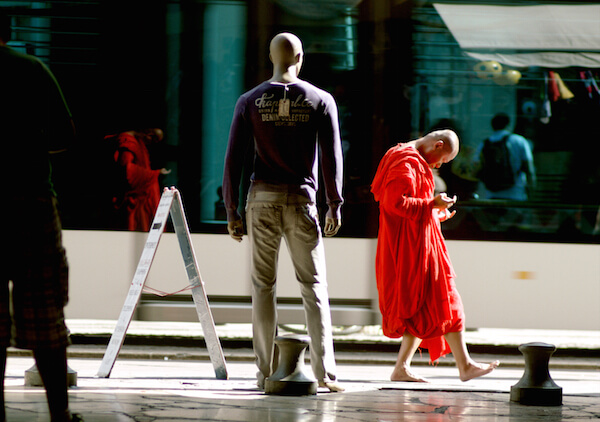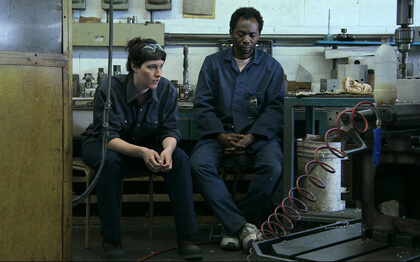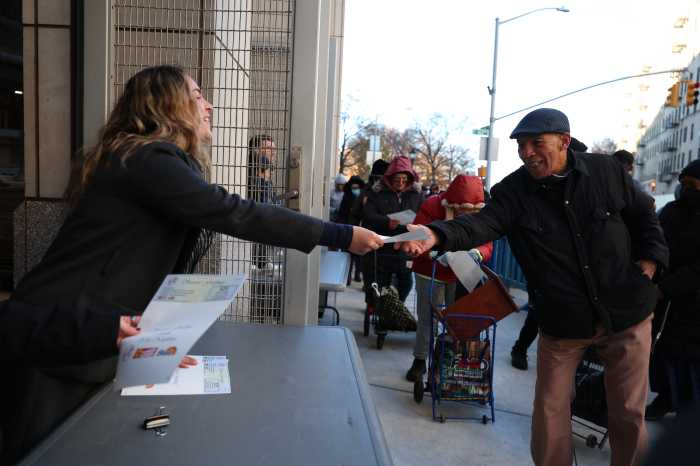The latest edition of Anthology Film Archives’ program “The Cinema of Gender Transgressions,” “Trans Film,” is an eclectic selection of shorts, documentaries, and features that showcase queer, transgender, and non-binary subjects.
The weeklong program includes a 35-mm print of Neil Jordan’s 2005 film “Breakfast on Pluto” (March 10 at 7 p.m.; March 12 at 9 p.m.), a risky adaptation of Patrick McCabe’s novel. Patrick/ Kitten Brogan (Cillian Murphy) is first seen pushing a pram and giving lip to sassy construction workers. Kitten is brimming with self-esteem; the rest of the film shows the long, strange road of getting there.
Orphaned as a child, Kitten’s foster mother did not appreciate young Patrick’s penchant for wearing female clothing, and the masters at the school Patrick attended looked askance at what they saw as outrageous antics, including questions about gender reassignment. Kitten leaves home to locate Patrick’s birth mother, and in the process finds herself.
Murphy gives a seductive, show-stopping performance — he looks quite fetching decked out in leather, feathers, lipstick, and heels — and sports a cheeky attitude. This is a worthwhile film, a heady mix of sex, politics, and religion, despite some overly elaborate sweeping camera movements and a bizarre pair of talking birds.
“Everyday Dis/Comforts” (March 12 at 7 p.m.; March 17 at 7:15 p.m.) is an uneven collection of four videos from around the world. “Video Home System” examines censorship in Pakistan, explains how foreign music and movies are pirated and adapted, and how the resulting content provides images of both empowerment and lament. One such example is Annie Lennox’s song “Why,” which is heard on the soundtrack as a man and two young girls perform along to the music. “Snap” is a fascinating triptych featuring queer and trans youth in Chile. As a series of Snapchat clips reveal episodes from their lives, these youth are seeing combating homophobia and transphobia. One subject, Alexa, records her gender reassignment operation. This is arguably the best film in the shorts program. After a brief introduction, “The Island of Perpetual Tickling” documents “ridiculously ticklish” performer Vika Kirchenbauer being tickled for nine straight minutes. It is a toss-up as to who need muster the greater endurance — Kirchenbauer or the viewer. The last entry in the program, “Piedad,” is a wondrous, darkly comic, and explicitly erotic short about sex workers performing fellatio — and some considerably more shocking sex acts.
One of the program’s highlights is the 2009 Russian-language film “Maggots and Men” (March 13 at 7:30 p.m.; March 14 at 5:45 p.m.) by trans director Cary Cronenwett. This experimental film features what is reportedly the largest cast of transgender actors assembled as it tells the story of the Kronstadt Uprising of 1921 against Russia’s new Bolshevik government. The narrative unfolds through letters Stephan Petrichenko (Stormy Henry Knight) writes to his sister, Anya, about his life as a sailor. His experiences, which include homoerotic exercising and skinny dipping as well as a romance with fellow sailor Yuri Kilgast (Travis Clough), soon segue into the political, as opposition to the government escalates into rebellion and mutiny. Cronenwett filmed “Maggots and Men” in stylized black and white, cross-cutting between a stage play recounting the history and scenes with Stephan on and off the ship. The approach recalls Guy Maddin crossed with gay filmmaker Sergei Eisenstein. “Maggots and Men” is playful, poetic, and polemical all at once. Cronenwett will attend the March 14 screening.
On March 13, “Maggots and Men” screens with Cronenwett’s 2015 film “Peace of Mind.” This documentary is a loving profile of Flo McGarrell, a queer, trans, and polyamorous friend of Conenewett’s who died in the 2010 earthquake in Haiti. McGarrell was the director of a nonprofit gallery, FOSAJ, in Jacmel, and in the film is remembered by various folks who admired him. There are also observations about the challenges McGarrell faced in finding respect and acceptance in an intolerant Haitian society, but also about the impact he nevertheless had on the region’s art and culture.
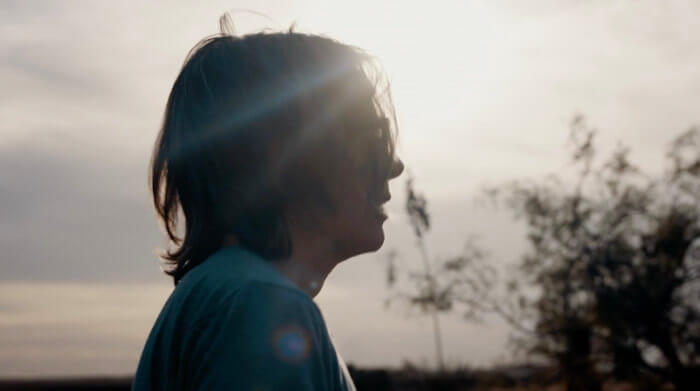
Director Chet Pancake will be on hand to present “Queer Genius” (March 14 at 7:30 p.m.; March 15 at 4:45 p.m.), a galvanizing documentary that profiles five queer female artists. The film opens with a segment on the late Barbara Hammer, who talks about her life, her archive, and her legacy as a visual artist. Rasheedah Phillips and Camae Ayewa (aka Moor Mother) run a Black Quantum Futurism collective in North Philadelphia and pair soundscapes with spoken word to explore science fiction and queer voices. They talk about their lives, theories, and experiences in compelling interviews. “Queer Genius” next showcases Jibz Cameron aka Dynasty Handbag, who is seen in her closets talking about her favorite outfits, as well as performing on stage. Rounding out the documentary is a portrait of famed lesbian poet Eileen Myles. She is seen reading her work and discussing her life, her sobriety, and her political attitudes. This documentary is an inspiring portrait of provocative and legendary artist-activists.
The final entry in the series is Philip Brooks and Laurent Bocahut’s 1998 documentary, “Woubi Chéri” (March 15 at 7:30 p.m.; March 17 at 9:15 p.m.), about the gay and transgender community in Abidjan, Ivory Coast.
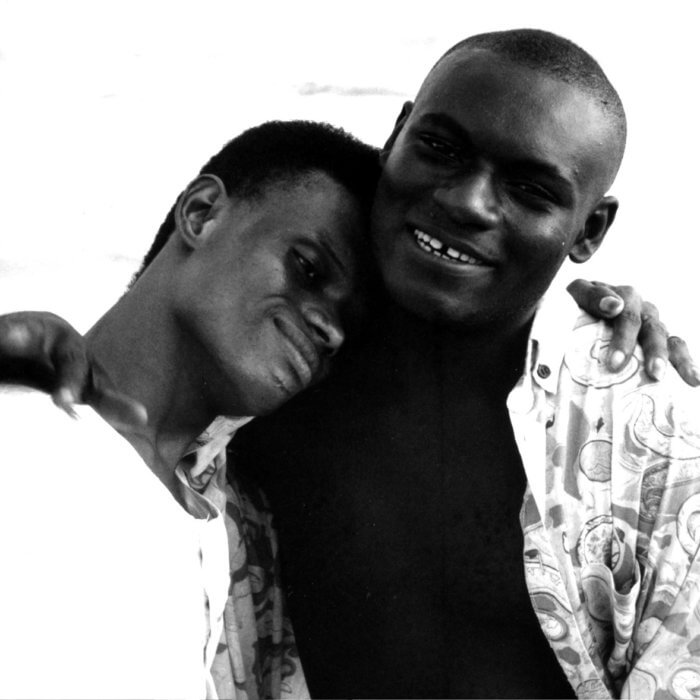
THE CINEMA OF GENDER TRANSGRESSIONS: TRANS FILM | Anthology Film Archives, 32 Second Ave. at Second St. | Through Mar. 17 | anthologyfilmarchives.org




